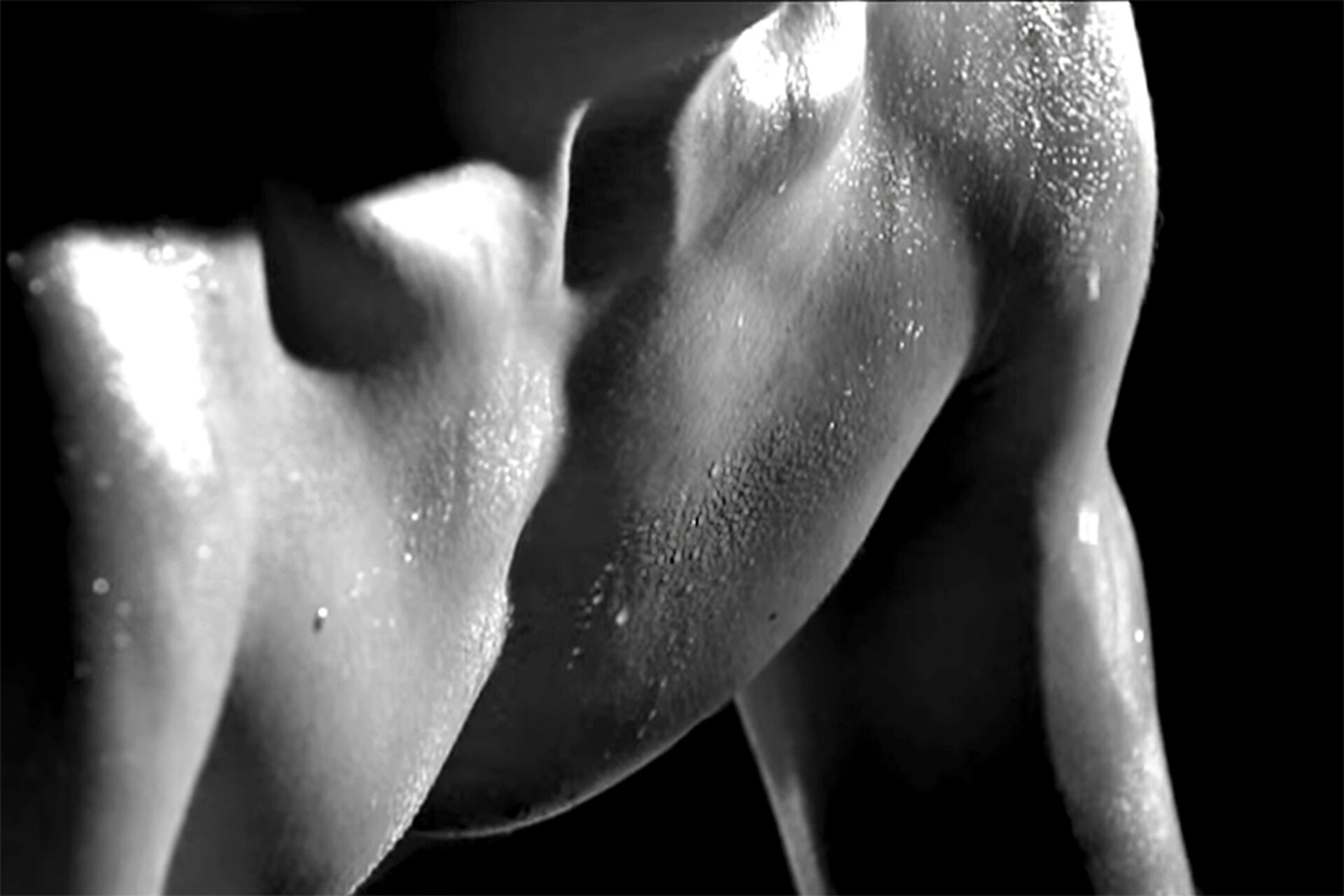
What is sweat?
There are two types of sweat glands - the eccrine and the apocrine. The apocrine ones normally start working when we are in stressful situations or fearful about something. When our body temperature rises, it’s our eccrine glands that start to secrete sweat, and the evaporation of moisture from our skin helps us cool down.
Why do I sweat more?
This is down to multiple factors such as gender, age, genetics, weight, humidity and temperature. Did your know younger people sweat more than older people, men tend to sweat more than woman and larger people tend to sweat more because their bodies generate more heat.
So does it mean I’m unfit?
Have you seen our instructors at the end of a class? Surprisingly, fit people tend to sweat more. Research shows that as your fitness level improves, your body’s heat-regulating system kicks in sooner, cooling you down faster and allowing you to work harder, which means more sweat!! However don’t get dis-heartened if you’re not that sweaty, some people just don’t sweat much in general.
BEST SWEATS FOR SWEATING
Clothing made of fabrics such as polyester or Lycra can help you feel less sweaty. They wick sweat away from your skin to the outer layers of the cloth, which is where the moisture evaporates. You want to avoid Cotton as it does the opposite; it actually absorbs the moisture but doesn’t let it evaporate. Leaving you feeling drenched and icky.
SWEAT TAKEAWAY
Don’t base your sweat level on how well you’re working out as perspiration rate is personal and highly affected by many factors. Fitness level, heat, humidity, weight and even age and gender. Whatever our sweat level, just make sure you are replenishing it by drinking your H20 to replace the water you lose in your sweat.